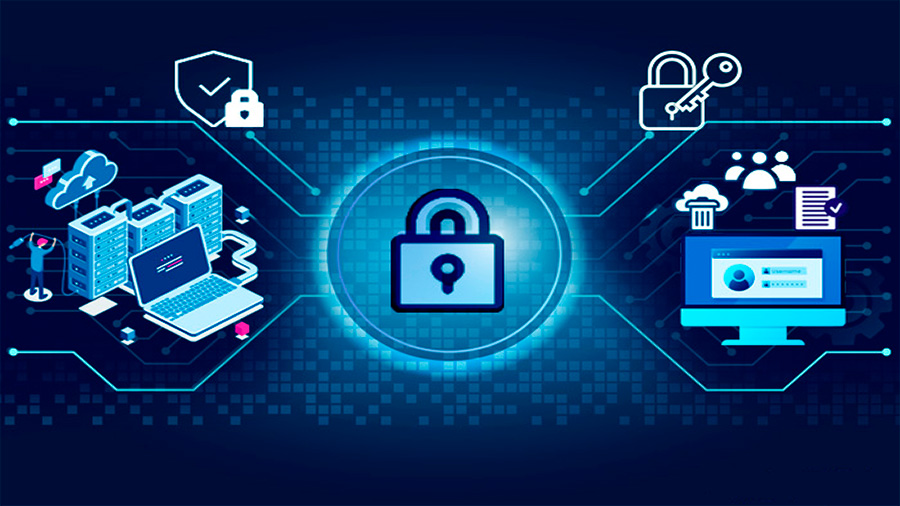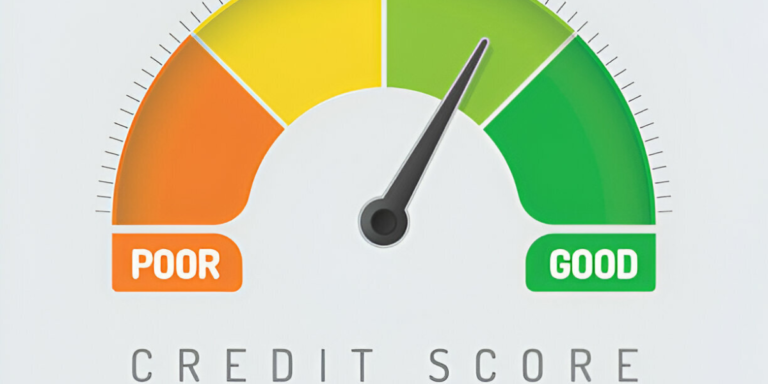
The gemstone investment market, traditionally driven by heritage, rarity, and manual appraisal methods, is undergoing a profound transformation due to technological advancements. Innovations like artificial intelligence (AI), blockchain, and digital certification systems are revolutionizing how gemstones are traded, valued, and authenticated. These technologies bring transparency, efficiency, and accessibility to the industry, enabling investors and traders to navigate the complex market with greater confidence. This article explores how technology is reshaping gemstone investments and what these changes mean for stakeholders.
Artificial Intelligence: Revolutionizing Gemstone Valuation
AI is becoming a cornerstone of gemstone appraisal and valuation. Traditional methods often rely on expert gemologists to assess quality based on the “Four Cs”: cut, color, clarity, and carat weight. While effective, this approach can be subjective and time-consuming. AI-powered systems provide a faster, more accurate, and standardized method of evaluation.
Enhanced Accuracy in Grading
AI algorithms analyze high-resolution images of gemstones to identify flaws, measure symmetry, and evaluate color consistency. These systems can detect minute differences that may be overlooked by the human eye, ensuring precise grading. This accuracy increases buyer confidence and promotes fair pricing in the market.
Predictive Market Insights
AI also plays a role in predicting market trends by analyzing historical sales data, consumer preferences, and global economic indicators. Investors can leverage these insights to make informed decisions about which gemstones are likely to appreciate in value.
For instance, AI-driven platforms like GemCloud and Sarine Technologies are already providing tools that combine grading with market analytics, offering end-to-end solutions for gemstone traders and investors.
Blockchain: Ensuring Transparency and Traceability
The gemstone market has long faced challenges related to ethical sourcing, fraud, and lack of transparency. Blockchain technology addresses these issues by creating immutable digital records of a gemstone’s journey, from mine to market.
Tracing Provenance
Blockchain allows for the documentation of a gemstone’s origin, ensuring it is ethically sourced and conflict-free. Each transaction, from mining to cutting to sale, is recorded on a decentralized ledger. This traceability builds trust among buyers and supports sustainability efforts in the industry.
Preventing Fraud
Counterfeit gemstones and misrepresentation are persistent problems in the market. Blockchain-based systems verify the authenticity of gemstones by linking them to unique digital certificates. These certificates contain detailed information about the stone’s characteristics and history, making it nearly impossible to falsify provenance.
Streamlining Transactions
Blockchain simplifies transactions by reducing the need for intermediaries. Smart contracts automate the buying and selling process, ensuring secure and efficient exchanges. This reduces costs and speeds up the trading process, benefiting both buyers and sellers.
Platforms like Everledger and Tracr are leading the way in integrating blockchain into the gemstone market, enhancing transparency and accountability.

Digital Certificates: Transforming Authentication
Digital certificates are becoming a standard in the gemstone industry, replacing traditional paper-based documentation. These certificates provide a secure and verifiable record of a gemstone’s attributes and origin, accessible through digital platforms.
Improving Accessibility
Digital certificates make it easier for investors to access detailed information about gemstones without requiring physical documentation. This accessibility is particularly beneficial for online trading, where buyers rely on accurate descriptions and certifications to make informed purchases.
Reducing Disputes
Discrepancies in gemstone grading or authenticity claims can lead to disputes between buyers and sellers. Digital certificates reduce these risks by providing standardized, verifiable information. This fosters trust and promotes smoother transactions.
Integration with Emerging Technologies
Digital certificates are often integrated with AI and blockchain technologies to create a comprehensive ecosystem for gemstone trading. For example, AI-generated grading reports are linked to blockchain records, ensuring both accuracy and traceability.
As platforms like GIA (Gemological Institute of America) and IGI (International Gemological Institute) adopt digital certification, the gemstone market is becoming more streamlined and investor-friendly.
Online Marketplaces and Digital Platforms
The rise of online marketplaces and digital platforms has expanded access to the gemstone market, enabling investors and traders to connect globally. These platforms leverage technology to provide secure, transparent, and efficient trading environments.
Global Reach
Digital platforms eliminate geographical barriers, allowing buyers and sellers from different regions to engage in transactions. This increases market liquidity and provides investors with a wider range of options.
Enhanced Market Data
Online platforms offer real-time data on gemstone prices, trends, and availability. Investors can use this information to compare options and make informed decisions. Advanced features like AI-driven price recommendations further enhance the trading experience.
Secure Payment Systems
Integrated payment solutions, often powered by blockchain, ensure secure and seamless transactions. Buyers and sellers can trade with confidence, knowing that their financial data is protected.
Marketplaces like GemRock Auctions and 1stdibs exemplify how digital platforms are democratizing access to the gemstone investment market.

Challenges and Considerations
While technology offers significant benefits, it also introduces challenges that investors must consider. These include potential barriers to adoption, data security concerns, and the risk of over-reliance on automated systems.
Adoption Barriers
Smaller traders and traditional market participants may face challenges in adopting new technologies due to cost or lack of expertise. Bridging this gap requires industry-wide collaboration and investment in education and training.
Data Security
The integration of digital systems increases the risk of cyberattacks and data breaches. Ensuring robust cybersecurity measures is critical for maintaining trust in the market.
Balancing Technology and Expertise
While AI and digital tools enhance accuracy, they should complement, not replace, human expertise. Gemologists and industry professionals play a vital role in interpreting data and providing nuanced insights that automated systems may overlook.
The Future of Gemstone Investment
The integration of AI, blockchain, and digital certificates is transforming the gemstone market into a more transparent, efficient, and accessible space. As these technologies continue to evolve, they will likely drive further innovation, enabling investors to make smarter decisions and fostering sustainable practices across the industry.
In the coming years, we can expect greater collaboration between technology providers, certification bodies, and market participants. Initiatives that prioritize ethical sourcing, environmental sustainability, and consumer education will shape the future of gemstone investments, ensuring long-term growth and stability in this lucrative market.
The Conclusion
Technology is redefining the gemstone investment market, offering solutions to long-standing challenges while opening new opportunities for growth. AI enhances valuation and market insights, blockchain ensures transparency and traceability, and digital certificates streamline authentication and trading processes. These innovations empower investors to navigate the market with confidence, making gemstone investments more appealing and accessible than ever before. As the industry embraces these advancements, the gemstone market is poised to become a model of modern, technology-driven commerce.




